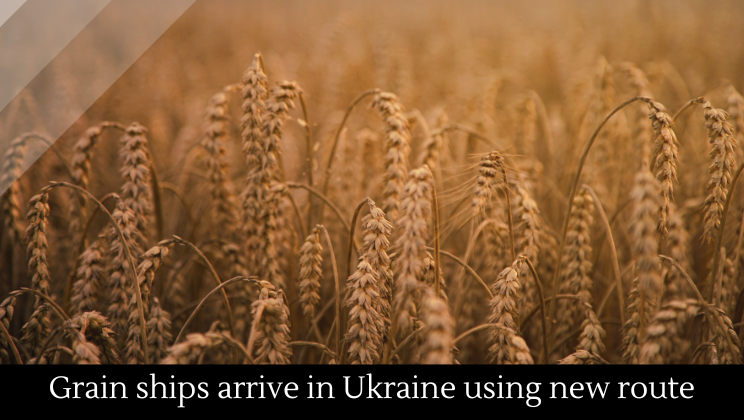Eating and living with Lions
Posted by staff / May 26, 2011 animal documentaryanimalsBBCBBC Earthdocumentarydorobohumanhunterkenyalionsnatural historynatural worldnatureplanetscavengertrackertribewildlifeJoin us on Facebook for exclusive content, or visit our Life Is website for more great stories. To peak behind the scenes,visit the BBC Earth website.
While diving into Life Is Human, we’ve cherished catching up with the Human Planet Production team via their blog. Travelling to eighty of the most remote locations on Earth, to gather incredible stories about man’s remarkable relationship with the natural world…just was not enough! They decided to share their personal experiences too.
Over the next few weeks we will be featuring some of the posts we’ve been bowled over by, and bringing them directly to you!
This week, we’re featuring Human Planet researcher Jane Atkins who tells the exceptional tale of the Dorobo tribe’s hunter scavengers. Using skills passed down over 1000’s of years, this ancient lifestyle is rapidly in decline, but is it the end of the Dorobo? Dive in to find out more.
Living with Lions
by Jane Atkins, Human Planet Researcher
‘You see, Lions and the Dorobo, we feed each other.’
‘If we hunt a large animal, we take away as much as we can, but leave the rest for the lions to feed on. And sometimes the lions kill a really fat animal and we say, lets take this one. It is not simple, you have to track carefully and quietly. You are scared.. thinking – will I be mauled?’
‘Once you make the decision to steal meat from lions, you have to be commited’ Rakita says.
‘But when you are hungry and know lions have killed first – you take your chance. There are days when we eat only what the lion has killed. We live on those lion kills until we finally make our own kills.’
When we filmed 3 Dorobo hunters stride up to 15 lions to steal from their fresh kill our hearts were in our mouths. Courageous? Ingenious? Suicidal? All of these perhaps, but this one act is undeniably impressive. The Dorobo say they are hunters just like lions. They watch lions, and how they hunt. Just as lions do, the Dorobo watch every animal on the great plains – and study each individual. Like lions they observe which ones are wounded, slower, easier to pick off. They wait and wait until the time is right to hunt. And if the lion gets there first, well the Dorobo turn that into another opportunity.
There are three lion prides living in the same area as the Dorobo.
This 22 strong pride are just a few hundred metres from the Dorobo’s regular camp. But these opportunities are fading, and fast. These hunting and scavenging practices may be age old, but in 21st Century Kenya, they are banned under the country’s blanket law that no hunting is allowed in Kenya. Although the law was made primarily for big game hunters, it has been enforced at the local level, with traditional tribes, to avoid any ‘grey’ areas.
And so these Dorobo men are living a daily struggle of holding onto a lifestyle passed down through the generations; being free to walk through the great plains, hunt game to feed themselves and their family and sleep under the stars in caves and hidden valleys. Now, they all accept that although they were brought up to be hunters, they will not be bringing up their children to be hunters, to know the wildlife as intimately as they do. Olkinyei is one of the last pockets in Kenya where the Dorobo still live, but in the last year, the area has been identified as a new conservancy, which means a step up in wildlife conservation in the area. This will ultimately push out of the Dorobo hunters.
One of the regular spots the Dorobo use to spot wildlife and sleep out under.
And so in our lifetime, we will see an end to this ancient lifestyle of hunting, gathering and scavenging. An accumulative knowledge that has been passed down over 1000s of years.
Read the full story on the BBC Earth blog.















Comments are off for this post.